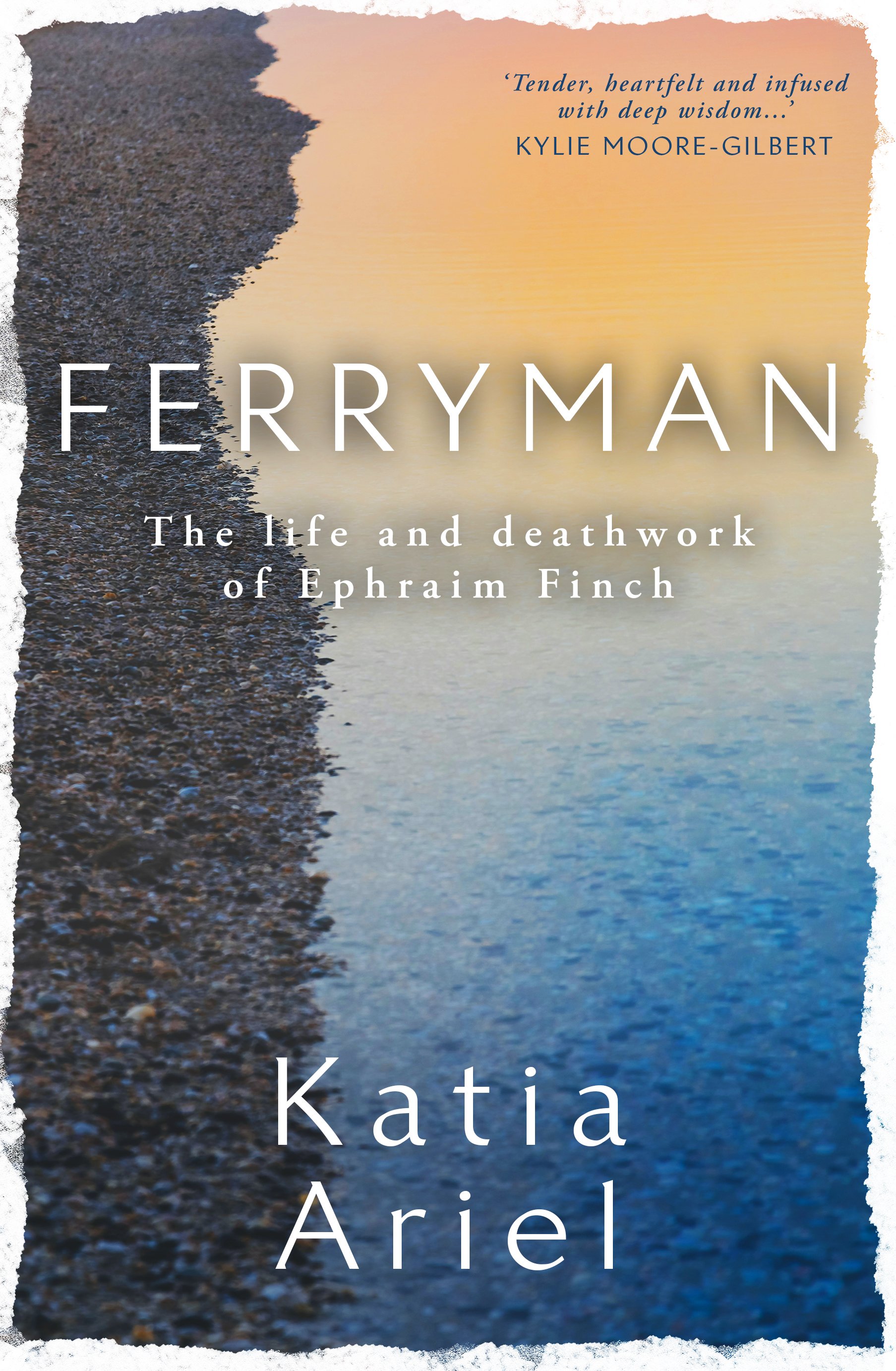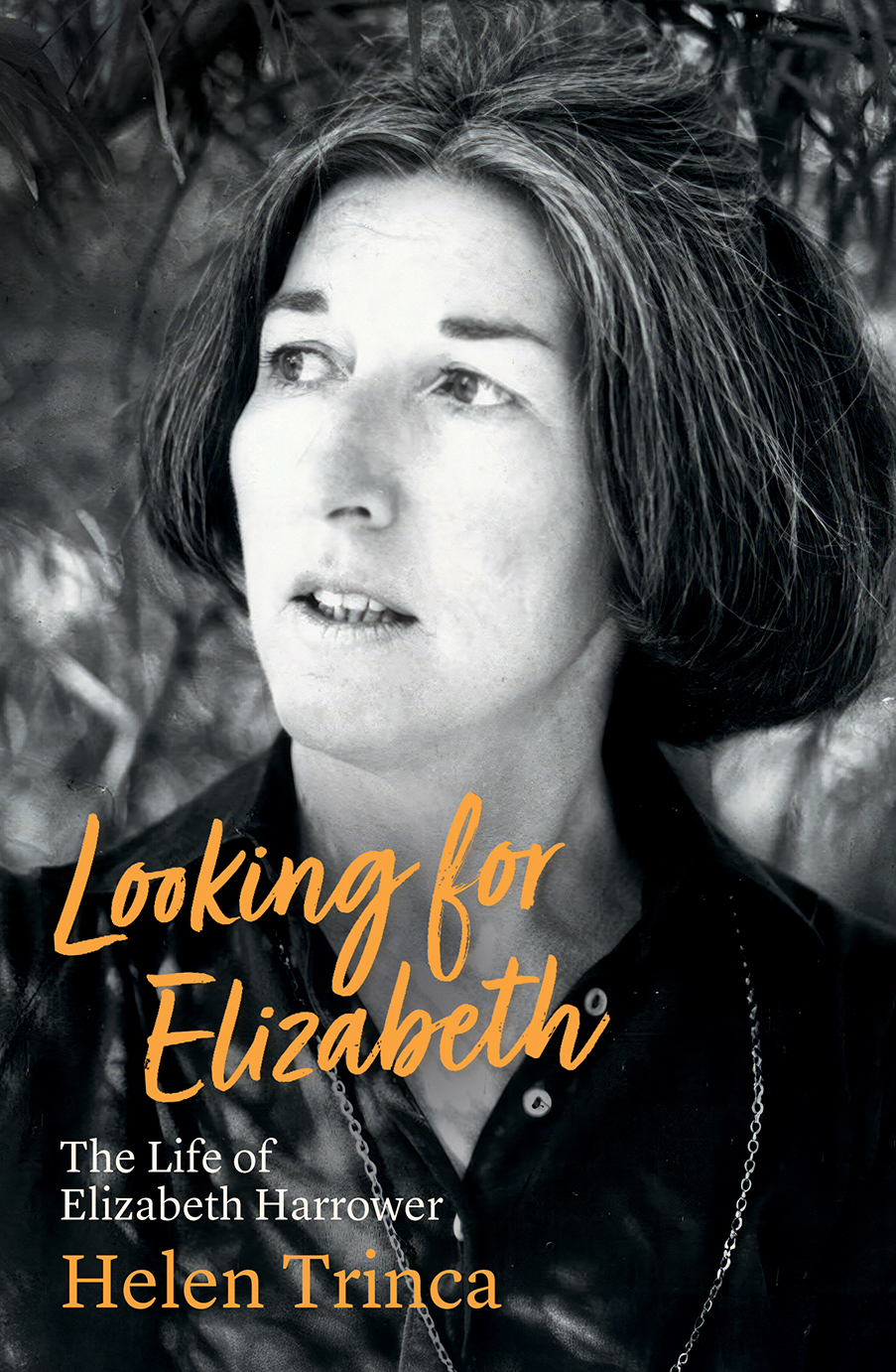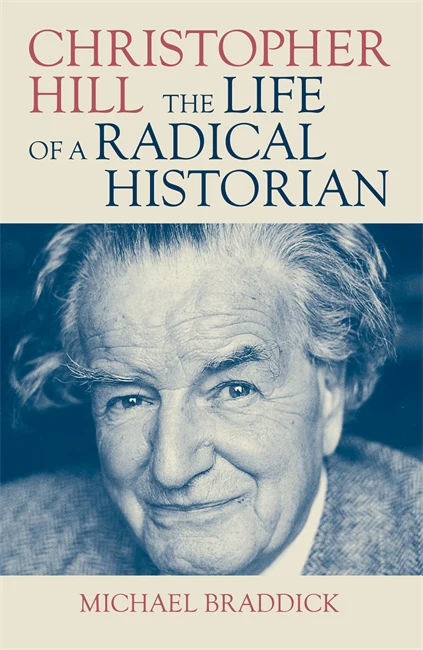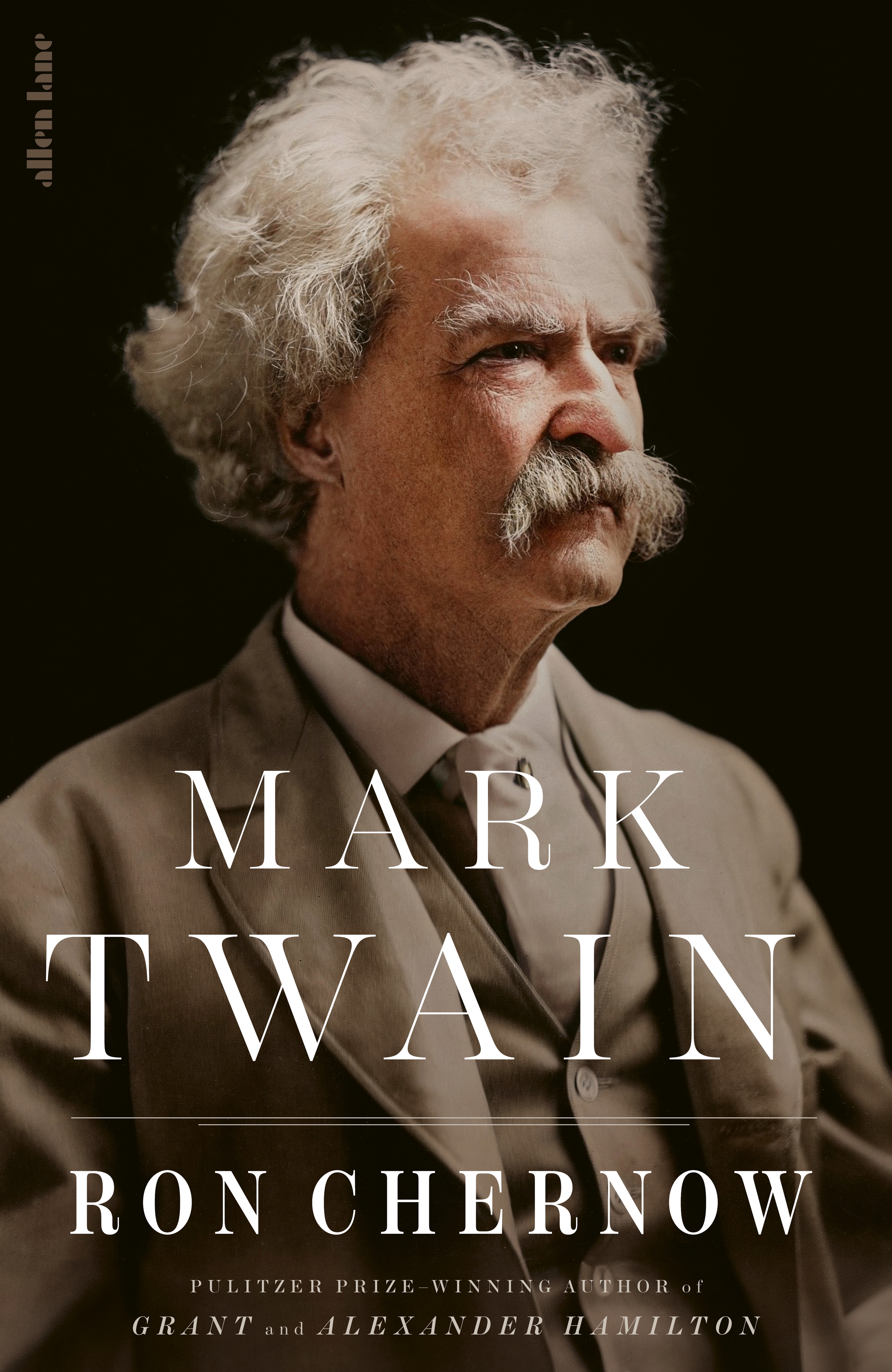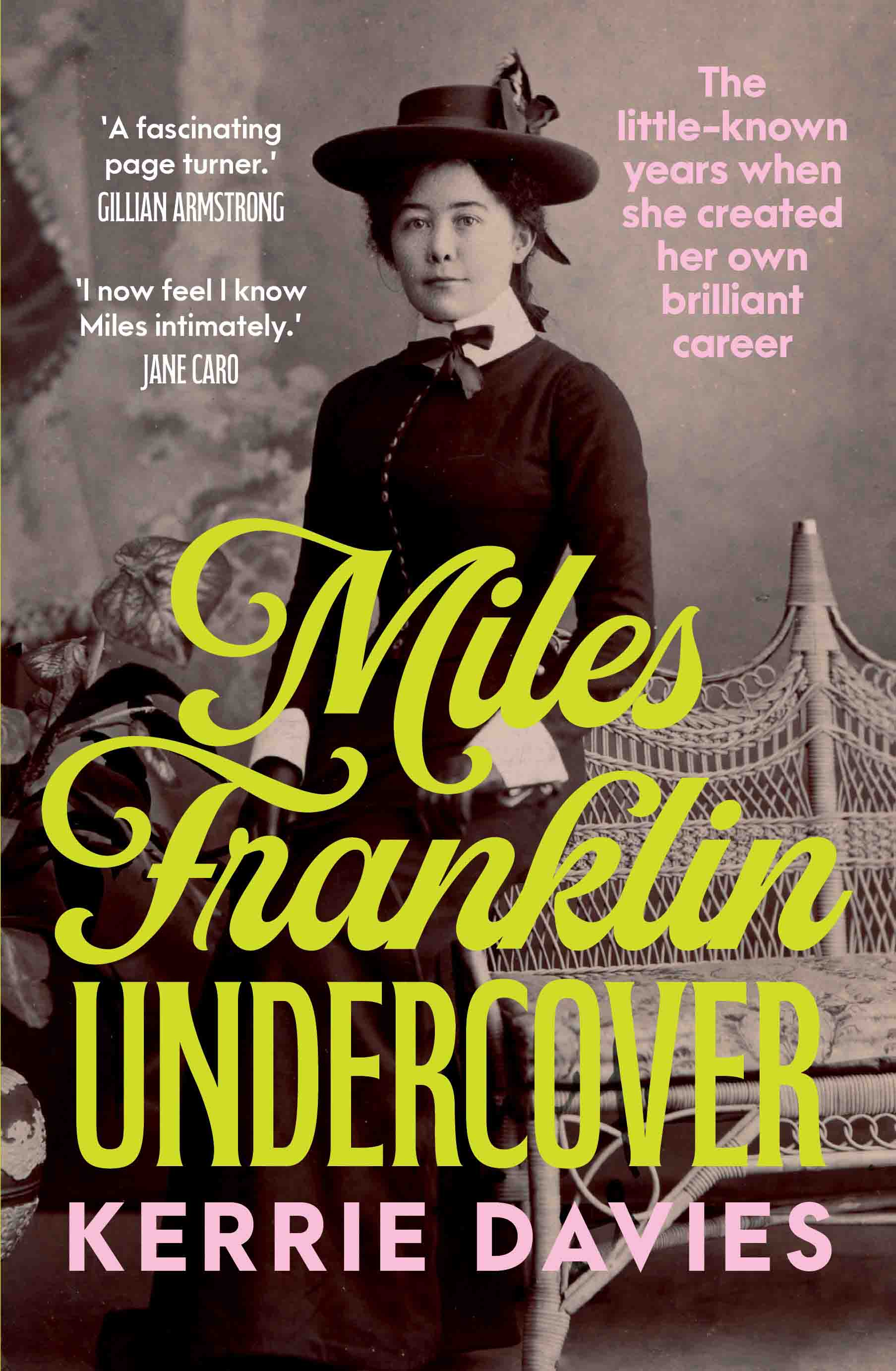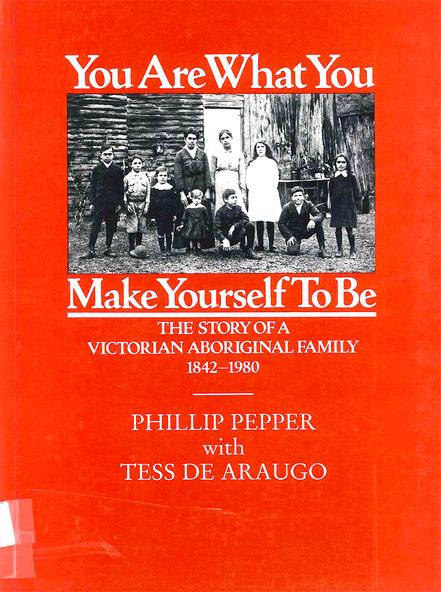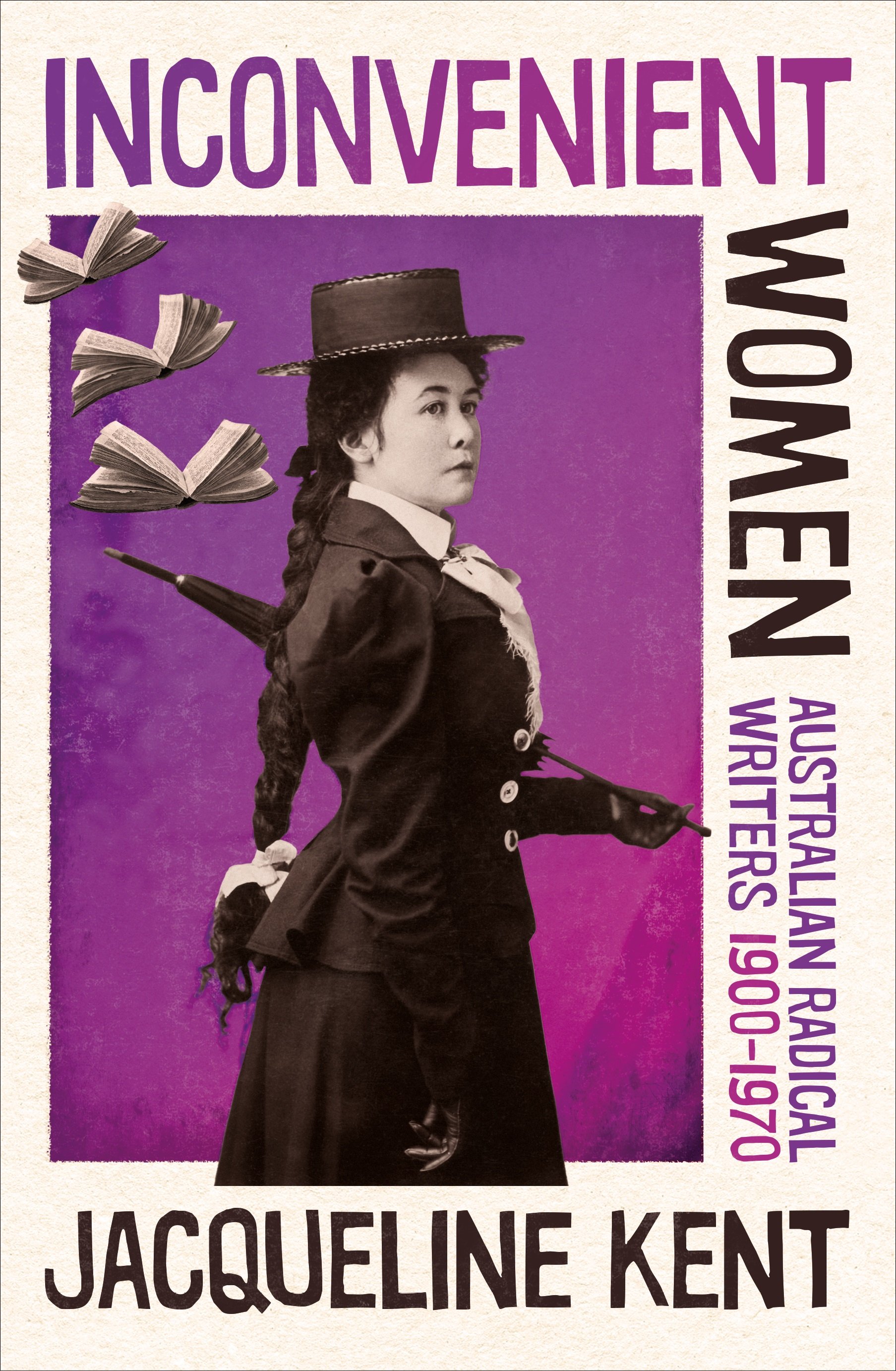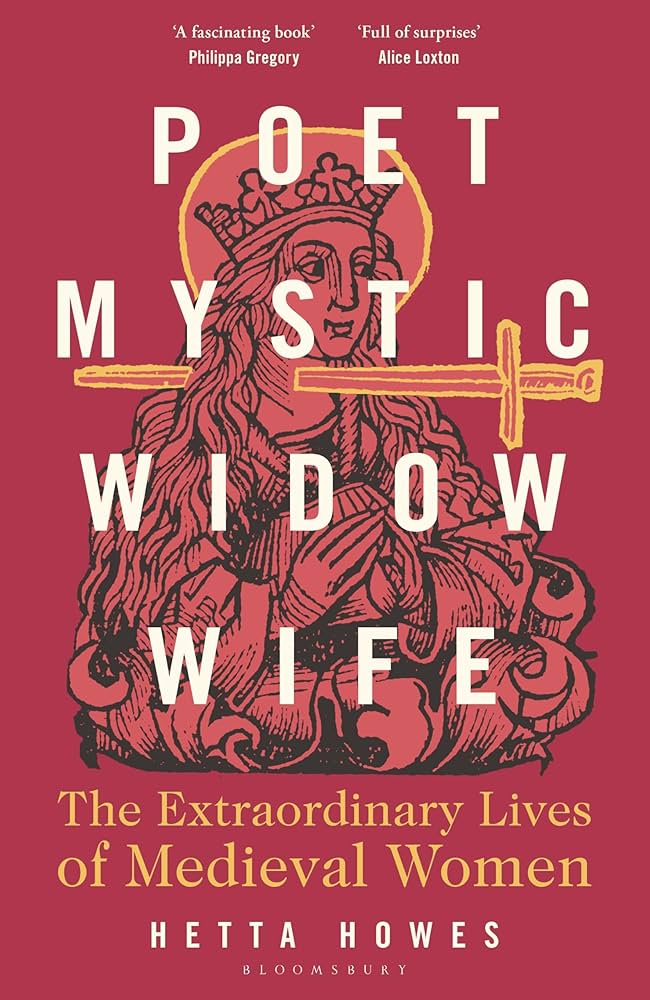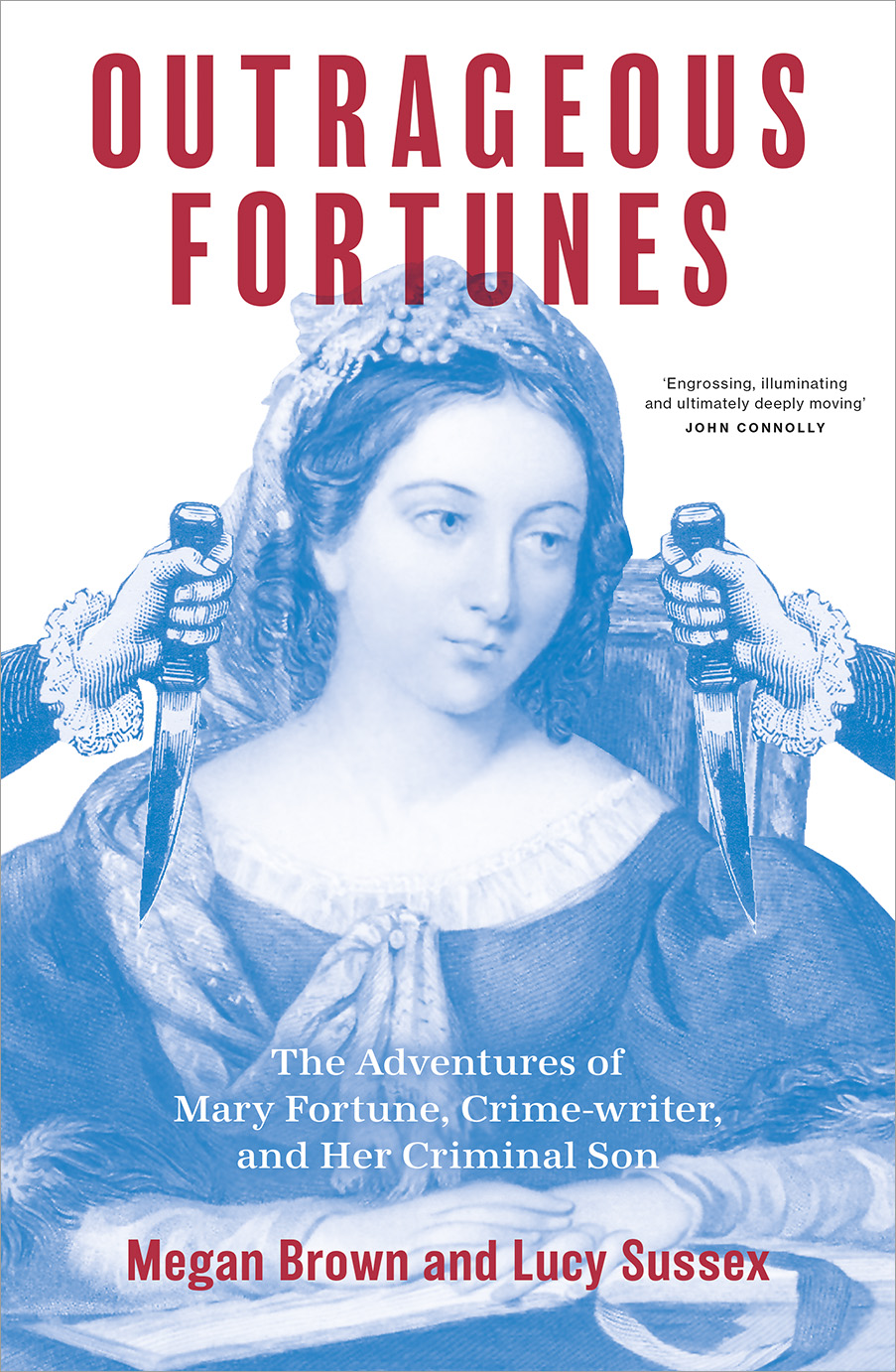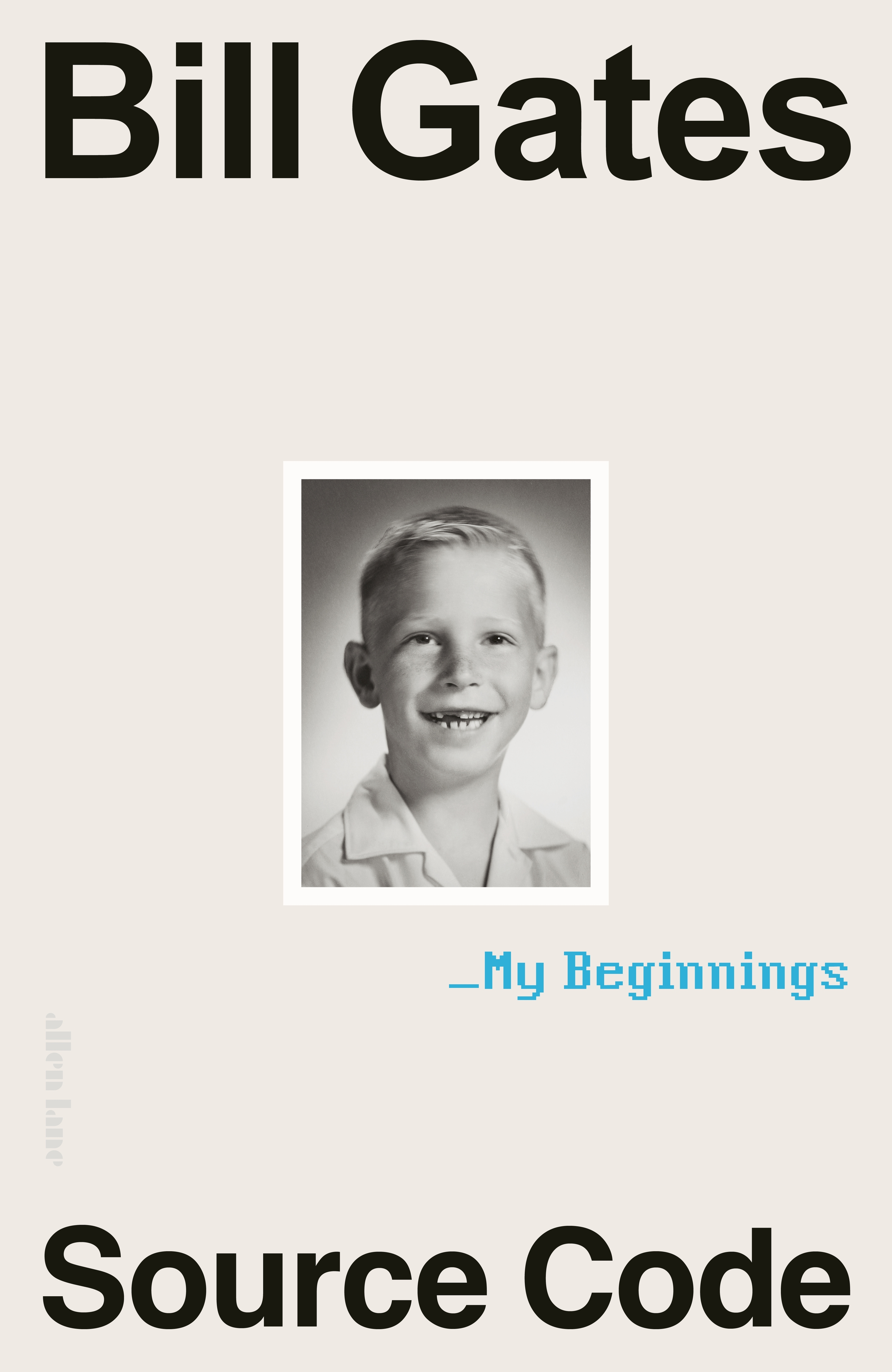Biography
Ferryman: The life and deathwork of Ephraim Finch by Katia Ariel
On weekday mornings in the 1950s a teenager called Geoffrey William Finch would ride his Malvern Star through Sydney’s Rookwood cemetery on the way to his carpentry job. Cutting across fields of headstones, he talked incessantly. When, several decades later, Katia Ariel asks who he was speaking to, Finch pauses, closes his eyes and then, ‘with a boyish smile playing on his bearded face’, explains that he was ‘talking to God’.
... (read more)Looking for Elizabeth by Helen Trinca & Elizabeth Harrower by Susan Wyndham
That Elizabeth Harrower should merit not one but two biographies would have both surprised and pleased her. That the biographies would be published within months of each other, by two Sydney writers and journalists, using much the same source material, would have intrigued her, as it did me. I don’t know Helen Trinca or Susan Wyndham, or who had the idea first, or anything of the anxiety they must have felt at being pipped at the post, or of any rivalry for sources and access to people or documents, but the two books arrived on my desk together.
... (read more)Christopher Hill: The life of a radical historian by Michael Braddick
The subject of this fine biography was my Doktorvater or postgraduate supervisor. He hailed from York, ancient capital of England’s northern counties. So did my biological father, Wilfred Prest (1907-1985). Both won university scholarships to study history. But their family backgrounds and life trajectories were very different.
... (read more)Ron Chernow is a renowned journalist and bestselling biographer, whose best-known work is probably Alexander Hamilton (2004), the main inspiration for Lin-Manuel Miranda’s Hamilton: An American musical (2015). Chernow’s latest book joins several acclaimed biographies of Mark Twain that have appeared in recent decades, including Gary Scharnhorst’s three-volume Life (2018, 2019, and 2022). The complete Autobiography of Mark Twain, also in three volumes, was published in 2010, 2013, and 2015. Twain dictated much of this to Albert Bigelow Paine, his authorised biographer and literary executor. As Chernow reflects, ‘The challenge for Paine, as for all future Twain biographers, was that Twain was peerless at bending the truth.’
... (read more)Miles Franklin Undercover: The little-known years when she created her own brilliant career by Kerrie Davies
In literary careers, straightforward narrative arcs are less the rule than the exception. A writer can begin with a resounding debut, only to stumble at what in the music business is called the ‘difficult second album’. Authors can change genres and audiences; fail at achieving significant sales figures; succumb to hostile reviews, or simple indifference. Miles Franklin expressed it best in her novel title My Career Goes Bung (1946).
... (read more)You Are What You Make Yourself To Be: The story of a Victorian Aboriginal family by Phillip Pepper
You Are What You Make Yourself To Be is the documented personal history of one Victorian Aboriginal family. The author’s story is interspersed with researched documented facts intended to authenticate and support the narrative but at times these lengthy italicized notes work against the continuity of the story.
... (read more)Inconvenient Women: Australian radical writers 1900-1970 by Jacqueline Kent
Was Katharine Susannah Prichard one of those present at the first meetings of the Communist Party of Australia (CPA), or not? Did she or didn’t she later pass intelligence to the Soviets, as charged by historians of ASIO Desmond Ball and David Horner? What difference would it have made to have had Lesbia Harford’s full queer oeuvre before the Australian public when it was written? Why didn’t Dymphna Cusack join the CPA if, as this book asserts, her politics were just as far left as Frank Hardy’s? How aware was Eleanor Dark of First Nations activism when writing The Timeless Land (1941)? Politics sit at the heart of Australian literary history, but a raft of questions remain for contemporary readers.
... (read more)Poet, Mystic, Widow, Wife: The extraordinary lives of medieval women by Hetta Howes
When teaching the history of medieval Europe it is hard to resist regaling students with lurid accounts of some of the extreme devotional practices performed by medieval women mystics. Saint Catherine of Siena, so it was claimed, drank the vomit of lepers to abase herself before God. Marie of Oignies, apparently, refused to eat anything but the consecrated host and died of starvation. Julian of Norwich lived in seclusion, inside a cell attached to a church, having renounced all things of the world including the opportunity to go outside. These women’s lives, in the retelling, can offer a visceral sense of the strangeness of medieval religious culture, and can also provide a sense of the particularity of gendered celebrity in pre-modernity. As a teacher, however, I am loathe to lean too heavily into the ostensible spiritual otherness of the Middle Ages. I worry that presenting these women as freaks risks alienating students from the historical work I am training them to do; to make sense of historical difference on its own terms.
... (read more)Outrageous Fortunes: The adventures of Mary Fortune, crime-writer, and her criminal son by Megan Brown and Lucy Sussex
To begin, a reviewer’s disclosure: I have known Lucy Sussex since we worked together in the mid-1990s on a research project about nineteenth-century Australian women’s writing. Lucy had already been following the various trails and clues left by crime writer Mary Fortune (1832–1911) along the winding, dimly lit corridors of pre-digital cultural history, as she reports at the end of this book: ‘In 1987 I moved from librarianship to working as a researcher for Professor Stephen Knight … I got the delightful job of largely reading old and vintage crime texts and reporting back … Stephen asked me to look into “Mrs Fortune” [and later] told me that Mary Fortune was no longer his research project, but mine. “You have that gleam in your eye!” he said.’
... (read more)‘The unpredictability of biography,’ writes Timothy Snyder in On Freedom, ‘flows into the unpredictability of history.’ This is self-evidently true of leaders who, like William Henry Gates III, also known as Bill Gates, the co-founder of Microsoft, initiate the kinds of change that are destined to be viewed as history. Their lives, like all of ours, are amply shaped by contingency and event, the ‘what if’ moments and decisive decisions, both their own and others’. The mystique of what might never have been, or might have been otherwise, is powerful. Even though there are many alternatives and competitors, it is hard to imagine personal computing evolving as it did without the ubiquitous Microsoft products that have shaped the world. Consumer technologies such as these, which were also an early form of AI, have become all but invisible. Gratifyingly, the Microsoft co-founder and former CEO’s first autobiographical instalment, Source Code, is liberally sprinkled with fork-in-the-road moments and tensions. It is a hero’s journey narrative, blending memoir with personal case studies in business leadership and strategy. The book begins with Gates’s early childhood and ends in 1978. The author foreshadows a further two volumes.
... (read more)

